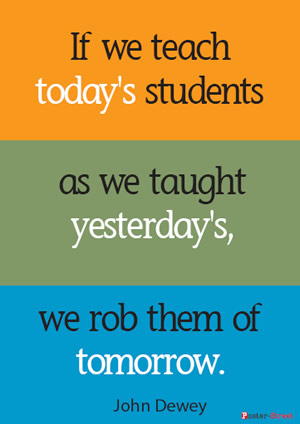I think video gaming in the classroom can be amazing! It is a way to incorporate technology in the class. You can also observe and assess how the students react to different situations such as group or team effort, confidence in content, winning and losing reactions, how they react to the immediate feedback and whether or not they change their actions according to the immediate feedback. This is something that is great and would keep students very interested and excited about content. Children need interactive play, and when it is related to content, most of them don't mind they just like to 'play' while the teacher incorporates learning! This also a way to teach children how to set goals and move towards attaining them!
I love it, just think it should be done cautiously with close monitoring and maybe the teacher can incorporate some kind of journal entry after each time played for reflection purposes.


